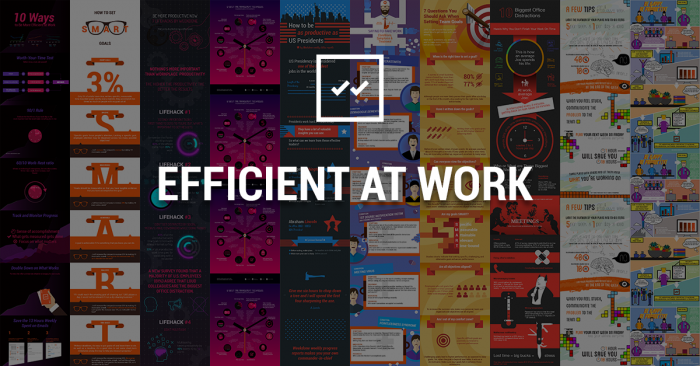How to prioritize goals and set the right work priorities? Well, setting goals is not a hard thing to do. But setting the right goals, is.
In business there is so much you need to deal with, that it is incredibly difficult to pinpoint what objectives will have the most meaningful impact. 80% of results come from 20% of impactful work. This is called the Pareto Principle. It is a popular technique for decision making. So it’s critically important to be able to prioritize your time and focus on work that matters, rather than random tasks that yield very little benefit. Let’s be honest, many of the tasks you are faced with each day are just noise. Saying “no” to noise, is leader’s true challenge.
If you do manage to set the right goals and work priorities, you’ll achieve more and take great strides towards achieving your long term vision. You should work smarter, not harder.
The questions that help you set work priorities.
I grade any task that comes to my table by answering two questions.: Does it have an effect on my long term goals and How big an effect will it have relative to the time spent on it?
If the task doesn’t advance either my own or my team’s goals, it will be given a very low priority. For everything else, I make sure to compare the impact with the urgency of the task. From there I decide when I’ll deal with it and how much of my time can I spend on it.
The impactful long term goals.
This framework requires me to have well thought-out long term goals. For that our team uses the Objectives and Key Results (OKR) methodology. OKR is a goal setting methodology that lets you set clear goals at all levels of the company, helps you measure those goals easily, and improves your company-wide communication due to built-in transparency and visibility of goals.
That said, it is also highly complicated and requires a lot of effort to implement (especially in bigger teams). In my experience, most companies and teams who try it out, fail to implement it well the first time. Those who do take the time to learn the ins and outs, however, give the methodology a very high rating.
OKRs are not a silver bullet. They are a tool that lets everyone see how their work contributes to the company’s long term plans. It helps employees see the meaning that is already there. OKRs show everyone how their tasks connect with each other. But this only works well when the goals you set are impactful and if everyone in your team commits to using this goal setting system.
Having impactful goals helps me make sure that I prioritize the tasks that influence those goals the most. This way I know, I’m working on the 20 percent of total tasks that will most help me and my team move forward.
Deciding which tasks to do first.
“Eat a live frog in the morning and you know that everything else you do this day will be easier.” This means you should also start each day with the tasks that impact your goals the most. That way you can spend most of your days knowing, the hardest part is behind you.
The OKR method helps me put together a list of weekly priorities and makes sure my most productive time is spent on tasks that most help me achieve my goals. Still, even after doing the first selection, I start each day by choosing the most important task and focus on that.
Your time is limited and if you set your work priorities on the wrong things, it will be impossible to achieve your vision. As a leader, there will always be more things that require your attention than you have time. That’s normal. What you have to do is figure out what is important. What are the tasks and problems you have to focus on energy on?
You can use Weekdone to keep your team’s goals in front of you and prioritize your weekly tasks. As Jon Lay, Founder of Hanno has said: “Weekdone has been the perfect tool for our remote team to keep track of daily and weekly plans and stay focused on getting the right things done, rather than just creating the appearance of being busy”.


